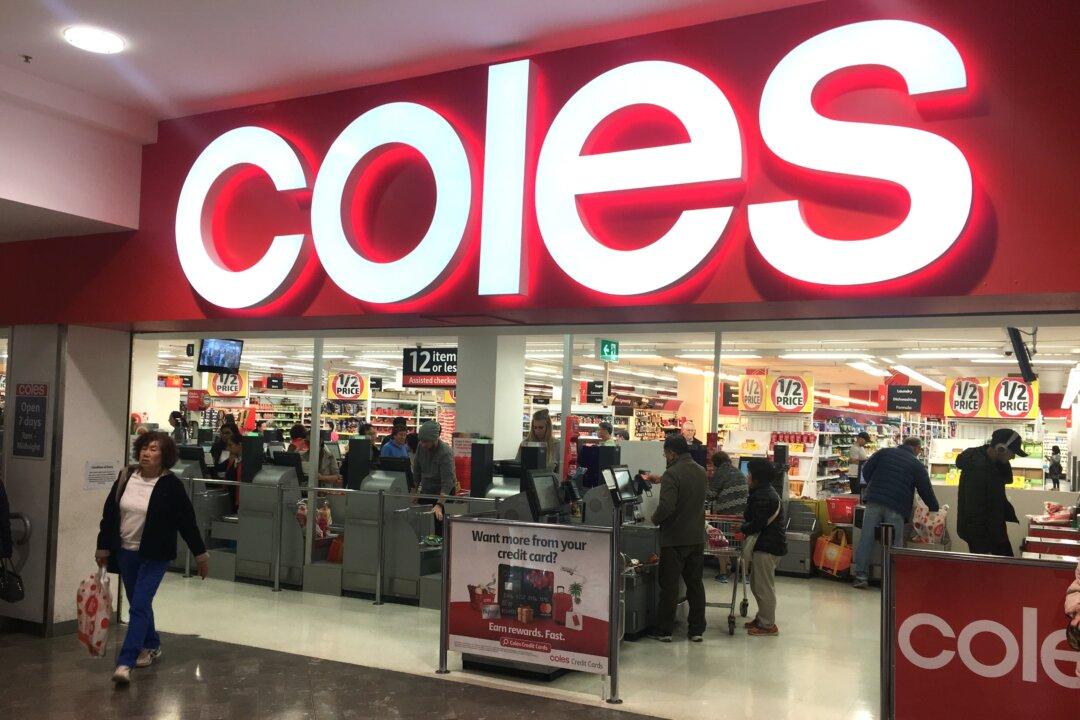The Boomerang Alliance, an environmental group that represents over 50 environmental and government organisations have criticised Coles new reusable bags made from plastic marine waste as a “not genuinely reusable.”
“Coles have missed a golden opportunity to reduce the use of wasteful plastic bags by continuing to sell disposable shopping bags,” said Toby Hutcheon, Campaign Manager for Boomerang Alliance, criticising the leading Australian supermarket retailer.





